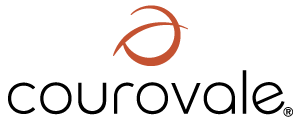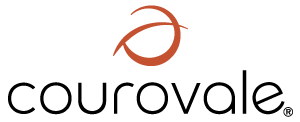Leather as part of an upcycling industry
Providing a sustainable production chain focused on the development of articles based on clean production is one of Courovale’s work pillars. We understand the need to use technologies and production processes with a focus on reducing actions that may contaminate the environment, respecting and defending natural resources for future generations who will need them.
Our articles deliver much more than sophistication in finishing, prints and embosses. They value the quality of life of the whole society.
As part of an industry that works with leather, we ended up generating a solution by transforming what would be a residual environmental liability from the cattle and meat production process, bovine skin, into wealth through elegant, innovative items with different applications. This is the main objective of an upcycling industry.
- What is Upcycling?
This term deals with the practice of creative reuse of waste – that is, of apparently useless items – in new products, maintaining the main characteristics of the source material. Therefore, it differs from recycling, which occurs when a waste is practically fragmented or dissolved to convert it into another product.
By developing the practice of upcycling with different materials hitherto discarded and giving them a new purpose, industries end up adding value to this new product through creativity. This reuse can be used in several productive segments, such as furniture, decoration and, mainly, in fashion.
- Upcycling and leather
The entire process carried out by the tanneries is part of upcycling, as the sector works with a by-product that, if not reused, would be discarded, generating a huge environmental impact. The transformation of bovine hides into articles serves precisely to prevent these damages to the environment, in addition to providing items widely used in industries such as footwear, furniture, automotive, sports, clothing in general and many others.
This reuse of animal skins by tanneries also generates inputs that are destined for segments such as biodiesel, fertilizers, pharmaceuticals, hygiene, cleaning and much more, promoting sustainability through a circular economy.
Courovale is part of this scenario of environmental responsibility, also adding to the production processes that meet 100% the criteria highlighted by the ABNT NBR 16296 Standard and receiving the Diamond Certification from the CSCB, one of the first in Brazil.
Discover our sustainability policy and contact us!





Comments are closed.